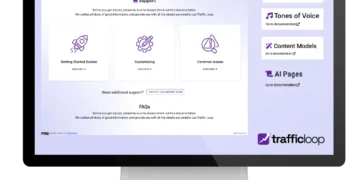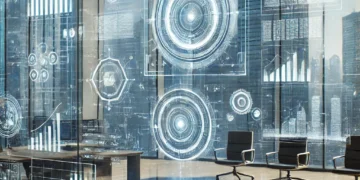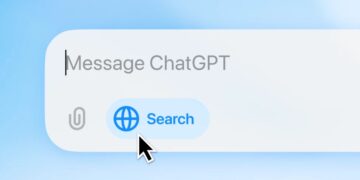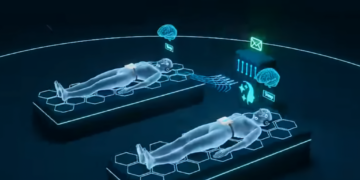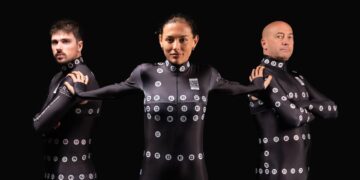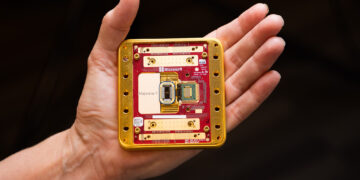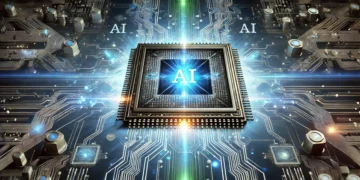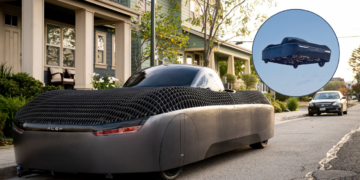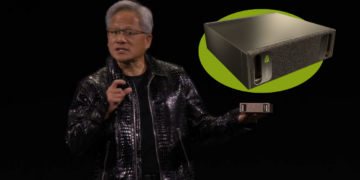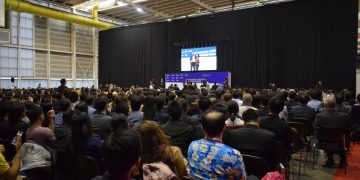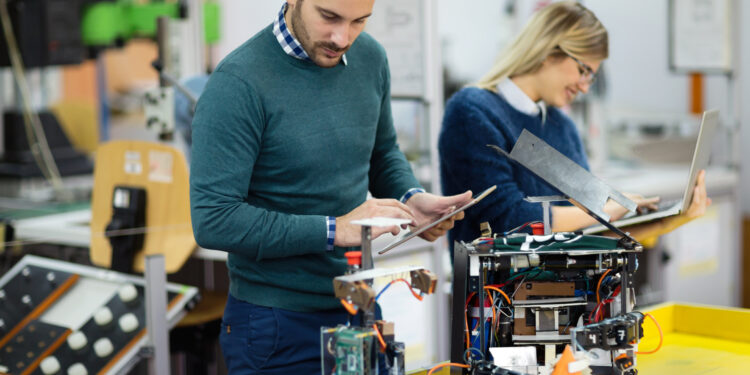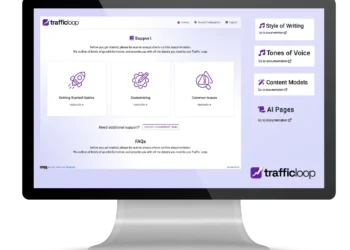DoNotPay is the first time that artificial intelligence is involved in the defence of the defendant in court.
It sounds like science fiction, but it is reality: in February, for the first time in history, an artificial intelligence will appear in court to help a defendant appeal against a fine.
The artificial intelligence in question is DoNotPay, a start-up of the very young London CEO Joshua Browder, and is a real robot lawyer, accessible via smartphone app. The AI will listen to the judges’ arguments in real time and provide information to the defendant via a headset.
The case in question (an appeal against a speeding ticket) will see the defendant, whose identity is anonymous, ‘manoeuvred’ by the robot lawyer: all the speeches he makes will be written by DoNotPay’s AI.
Joshua Browder, creator and CEO of the innovative system, promises to pay the costs in case of defeat.
The aim of Browder, a computer scientist at Stanford University, is for DoNotPay to replace lawyers altogether for smaller cases, such as the appeal in question.
“There will still be plenty of professionals able to argue important issues such as human rights before the European Court. Many others, however, may be replaced by AI: those whose work consists mainly of copying and pasting legal letters,” says Joshua Browder
DoNotPay began in 2015 as a chatbot for legal advice, with the aim of providing assistance to consumers in criminal cases over late payments and fines. From its inception to today, it has received improvements and updates; it now interacts with the user by asking what the legal problem is in order to mobilise to find a loophole, which then turns into a letter that one can directly send to the relevant institution.
It all seems to have originated from the parking fines Browder accumulated over time: trial after trial, the Stanford scientist became an expert on loopholes.
As they say, make a virtue out of necessity.
Author:Alessandro Volpe


